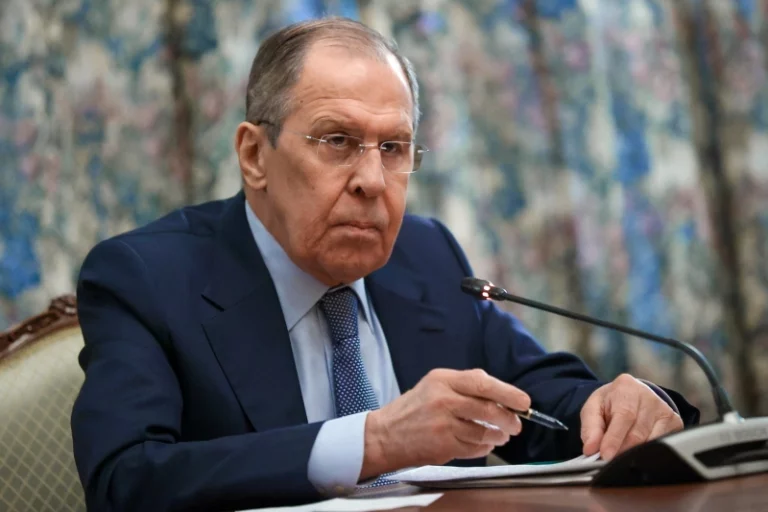Germany’s decision not to send further weapons or equipment to Ukraine will have a significant economic impact on its own military.
The Bundeswehr, Germany’s armed forces, has been chronically underfunded since the end of the Cold War and is now in a worse state due to the depletion of its inventory as a result of providing aid to Ukraine, such as sending equipment, ammunition, and vehicles like the Leopard 2 main battle tank.
Germany’s Defence Minister, Boris Pistorius, has admitted that the gaps in the military will be impossible to bridge by 2030, making it clear that the Bundeswehr will not be able to replenish its stocks.
The German government has set ambitious targets of growing the Bundeswehr to a 200,000-strong force and spending €130 billion on new equipment by the end of the decade.
However, achieving these goals will be challenging, and it is clear that the existing gaps cannot be entirely closed by 2030. Mr Pistorius has emphasized the need to increase the defence budget to meet the NATO spending target of 2% of national output, up from the current 1.5%.
This priority is crucial to ensuring that the Bundeswehr can acquire the necessary resources to maintain its strength and continue to be a significant contributor to national security.















